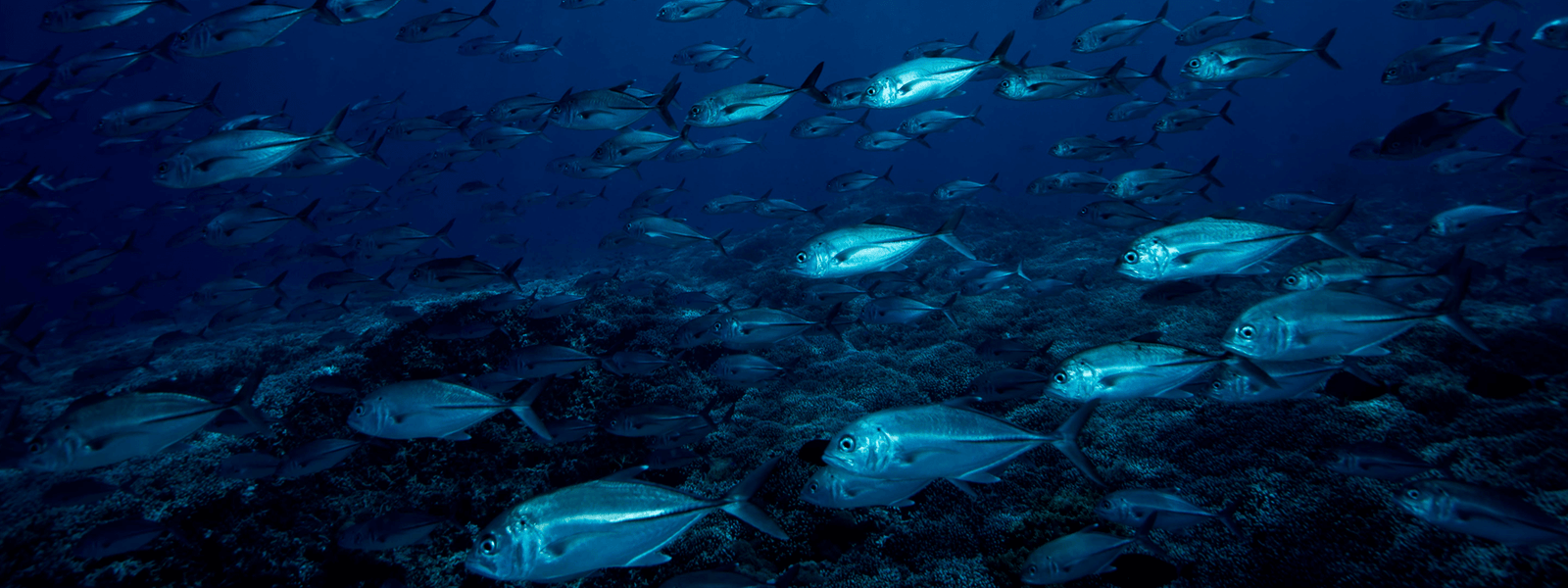Our response:
The reason that our tuna oil has no impact on Tuna stocks is that the oil is a by-product of the fish which is caught for food. To clarify further! After the fish is filleted, fish meal is produced from the remainder, and oil is produced as part of the process of making the fish meal. Around 90 – 95%% of that oil is used for agriculture and industrial purposes.
Ironically a significant proportion of the fish meal is used for rearing fish on fish farms which actually puts more pressure on wild stocks as about 5kgs of fish meal is used to produce 1kg of salmon in a fish farm. Actually the oil from tuna (and hoki) is more conservation friendly than much of the other oil which is mainly produced from anchovies for converting into industrial fish meal as opposed to tuna which are caught for their food value.
We certainly accept that tuna is suffering from overfishing and believe that there should be more international controls to curb this overfishing. However, using the oil from tuna is not contributing to the pressure on the tuna fish stocks.
Fortunately the Hoki fishery in New Zealand is healthy, thanks to the tight controls kept on the allowable catches by the NZ Government.


 Supplements
Supplements Bundles
Bundles













